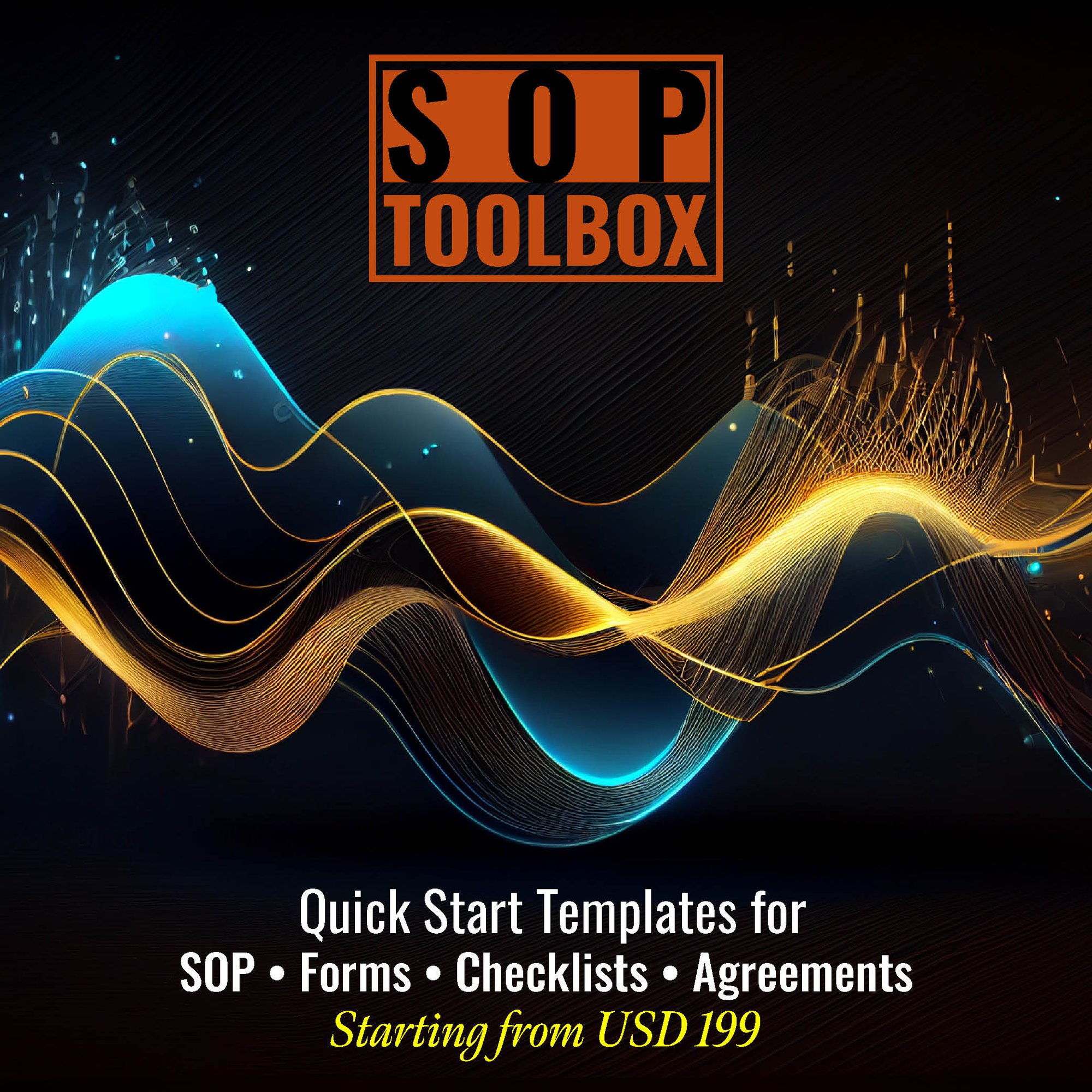Agreements play a crucial role in the realm of Blind and Shade Manufacturing, ensuring the seamless production and distribution of these essential components of interior design. These agreements encompass a wide range of areas vital to the industry's functioning. Firstly, agreements with raw material suppliers secure a steady and reliable source of materials, crucial for maintaining production schedules and quality standards.Agreements related to manufacturing processes and technology acquisition are equally significant. They govern the use of specialized equipment, techniques, and intellectual property rights, ensuring efficiency, innovation, and compliance with industry standards. Quality control agreements are pivotal in maintaining consistent product quality, meeting customer expectations, and adhering to regulatory requirements.Distribution and logistics agreements are another cornerstone of this industry. Partnerships with distributors, retailers, and logistics providers facilitate the efficient movement of products from manufacturing facilities to end consumers. These agreements often include terms related to pricing, delivery schedules, inventory management, and marketing support.Moreover, agreements in areas such as research and development foster innovation, product diversification, and competitive advantage. Collaborations with research institutions, designers, and industry experts drive advancements in product design, functionality, and sustainability. Lastly, agreements related to customer service, warranties, and after-sales support are essential for building customer trust and loyalty. Clear terms regarding product warranties, returns, and customer support processes contribute to a positive customer experience and long-term relationships.In essence, agreements form the foundation of Blind and Shade Manufacturing, shaping every aspect from sourcing materials to delivering high-quality products and ensuring customer satisfaction.















Leave a Reply